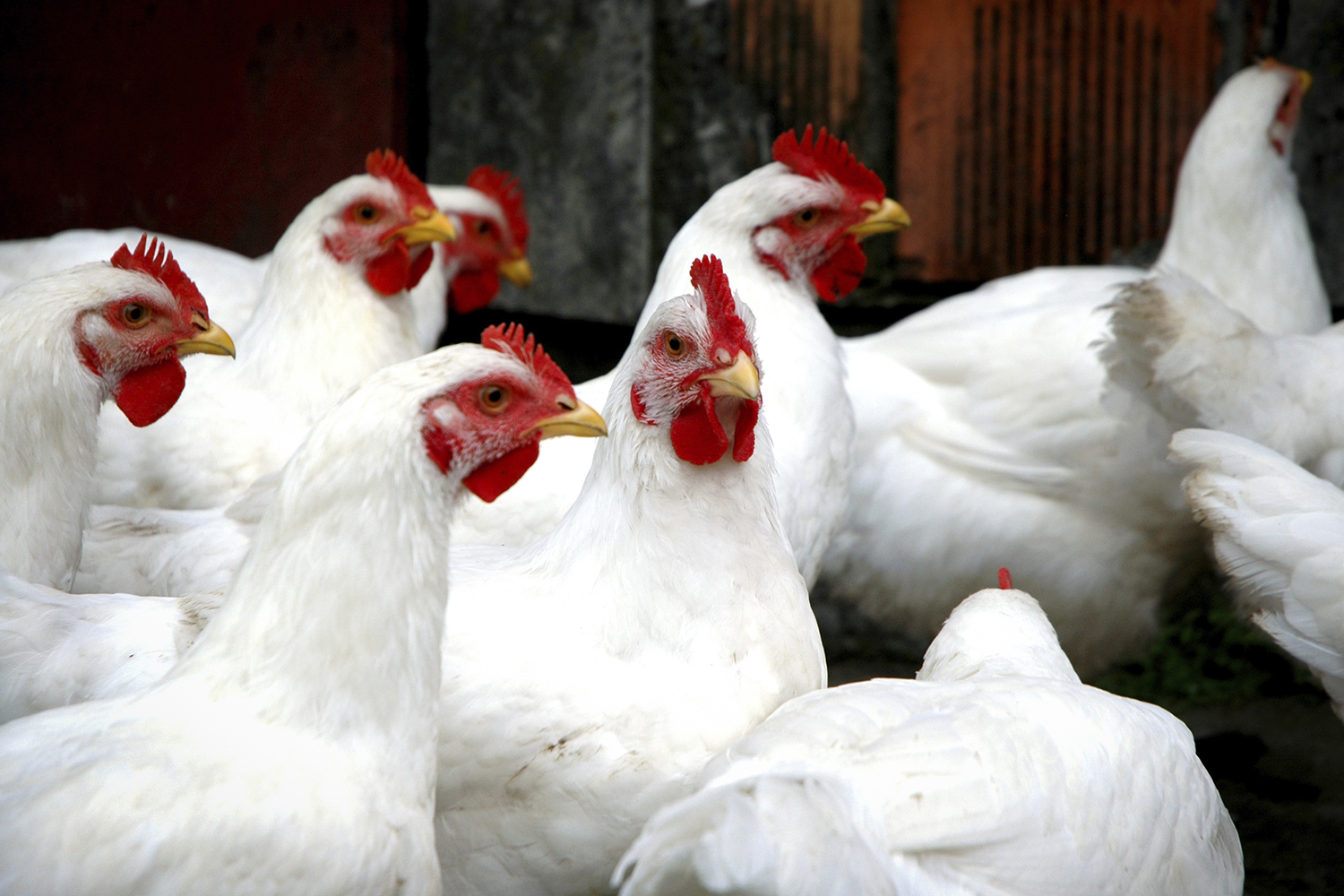VANCOUVER – When entrepreneur Victor Straatman moved with his family to Vancouver from the Netherlands in summer 2015, he went online seeking grass-fed meat from a local farmer.
Through a referral, he finally found a source and placed his order. But he had to meet the farmer in a North Vancouver parking lot. The farmer had driven six hours from his farm for the meeting , and didn’t take advance payment. They’d never met. And the transaction took up a good part of Straatman’s day, and the farmer’s, too.
“I was happy to get the product, but I thought, ‘Who’s going to do this?’” says Straatman, the founder of a full-service online marketing agency in Holland.
Straatman knew through his experience that he could help consumers find quality meat locally and conveniently. He also saw the opportunity to educate consumers about how their meat is raised to help encourage them to support small-scale BC farmers. Meatme.ca was born.
“I’ve seen this already happening in Europe so I was confident that we could replicate the model here and help smaller scale, ethical farms,” he says. “I started by crowd-funding one cow, basically selling one cow and everyone would buy a share into it like in the past when you used to buy a half or quarter of beef. We broke the cow into 30 shares. Now, it has transformed into an open model where you pick and choose all the cuts you like and it’s delivered.”
Today, Meatme is his full-time job. The company works with seven producers of grass-fed and antibiotic-free meat: Empire Valley Ranch outside of 100 Mile House for beef; Aldergrove’s Giesbrecht Farm and Blue Sky Ranch in the Nicola Valley for pork; Central Park Farms in Langley for chicken; Harmony Farm lamb at Monte Lake; turkey from K&M Farms in Abbotsford and seafood from Haida Wild.
Meatme purchases whole animals cut to specifications. Through a partnership with a storage and fulfillment centre which keeps the meat, orders are ice-packed in recyclable, insulated cardboard boxes and shipped to the purchaser.
Straatman says customers appreciate the quality of the products and the convenience. Most buy monthly or every quarter. A private company, Meatme won’t disclose revenues but Straatman says sales in 2018 tripled versus 2017. It now has about 1,300 customers mostly in the Lower Mainland, as well as on Vancouver Island and in the Okanagan.
“We’re tapping into a whole supply not available in grocery chains. These small farmers can’t get into the grocery stores and consumers can’t buy these products. We’re competing with the conventional meat industry and factory farms,” says Straatman. “Our customers know where their meat comes from, how it’s raised and what it’s eating.”
Although the product is more expensive than the cheapest meat in the grocery store, he says prices are competitive with top-end retailers and the local butcher shop. People are willing to pay for better meat, with new business coming largely from customer referrals or social media.
The business has received more than $40,000 in grants from various sources including Vancity Credit Union and the United Nations Association in Canada’s Green Corps program. Green Corps aims to provide new youth employment to ignite Canada’s green economy.
Straatman says farmers are calling him wanting to join the platform if it grows.
Julia Smith of Blue Sky Ranch was thrilled when Meatme contacted her a year ago. She shipped a couple animals at first, and now ships pigs monthly.
“The model works really well for our farm because it allows us to focus on what we love – raising happy pigs – without having to worry about the many logistical challenges that come along with a direct-to-consumer business model,” says Smith. “We’ve been hesitant to work with a distributor until now because we haven’t met anyone before who is as true to our values and truly committed to transparency before. We have educated our customers to be savvy, conscious consumers so it is critical for our business that we only work with people our customers can trust. … Meatme shares our passion for animal welfare, honest business practices and respect for our customers, so our relationship is a great fit.”
When Meatme outgrows what she can produce, she knows there are other small producers who’ll come onboard.
Straatman has observed challenges for producers like Smith. There’s limited access to provincially inspected processing facilities which are required so the meat can be shipped in BC. They tend to be farther away from and have less time options available for small-scale producers.
“We’re proud that we can help profile our farmers and help people vote with their wallets to move meat production in the right direction,” he says.
It was surprising to him that there’s a still a lot of infrastructure to be developed in BC from a delivery perspective. It’s happening, but slower than he expected and it seems that producers are either very small or very large.
“There’s no middle ground and I see a need for that,” he says.
Five years out, Straatman’s business plan aims to expand in BC, and replicate the model across other provinces as well as the US.
“More and more people will be eating plant-based meat and less meat, but meat is still very big,” he says. “The majority will still eat meat – better meat.”


 Animal cruelty charges laid
Animal cruelty charges laid